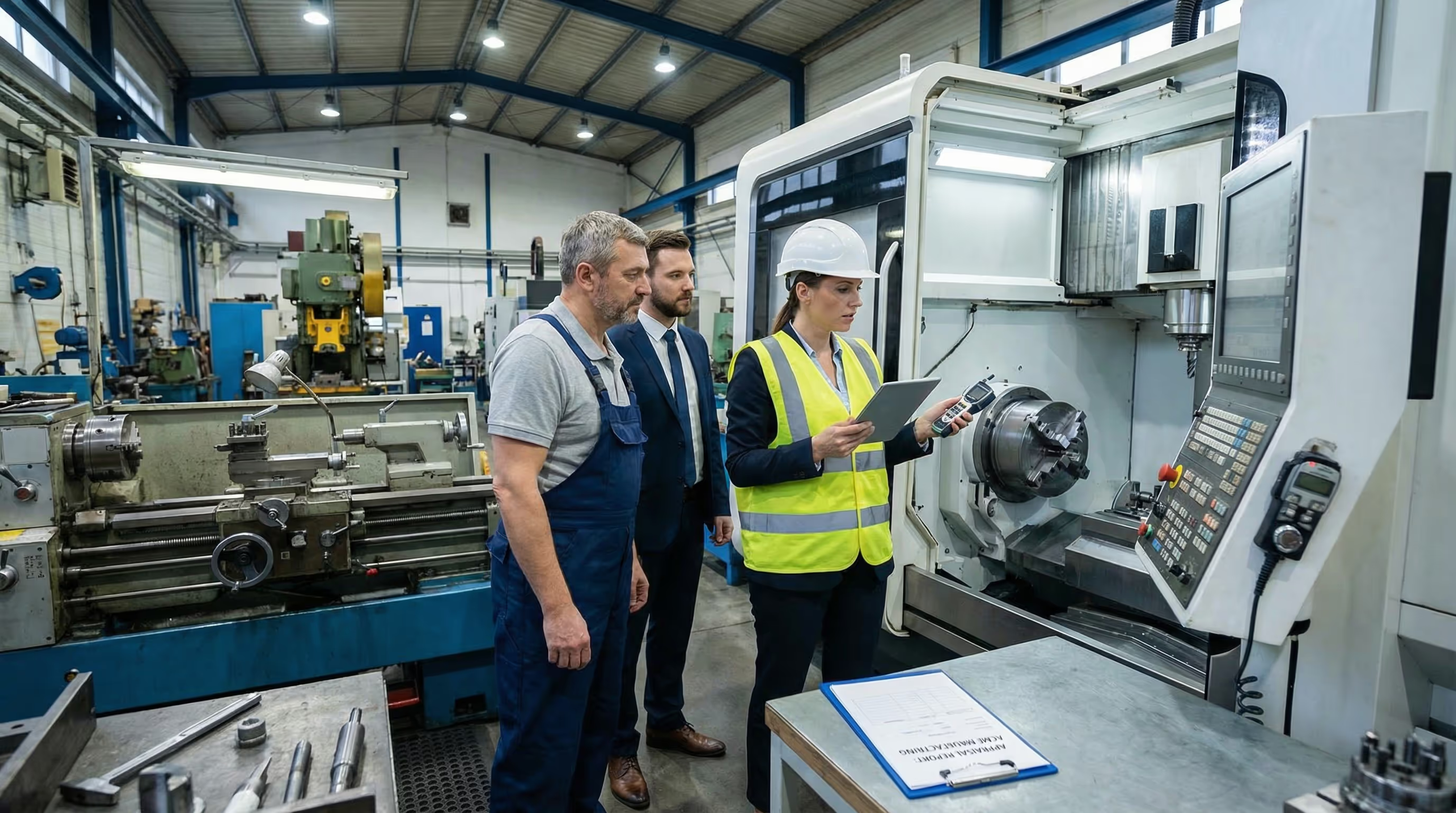How to Appraise Vintage Electronics and Gadgets
February 19, 2026
Imagine discovering a box of early Apple computers in the garage or realizing that first-generation gaming console you’ve kept for decades might be worth serious money. You’re not alone. Vintage electronics have become a major collectibles category, with some items commanding thousands of dollars at auction.
However, knowing something might be valuable and documenting its worth for legal, insurance, or tax purposes are entirely different matters. Whether you’re settling an estate , updating your insurance, making a charitable donation, or preparing for a sale, you need a defensible appraisal that meets professional standards.
We’ll guide you through the appraisal process for vintage electronics, explaining what qualifies as “vintage” and how you can get a USPAP-compliant appraisal completed entirely online.











